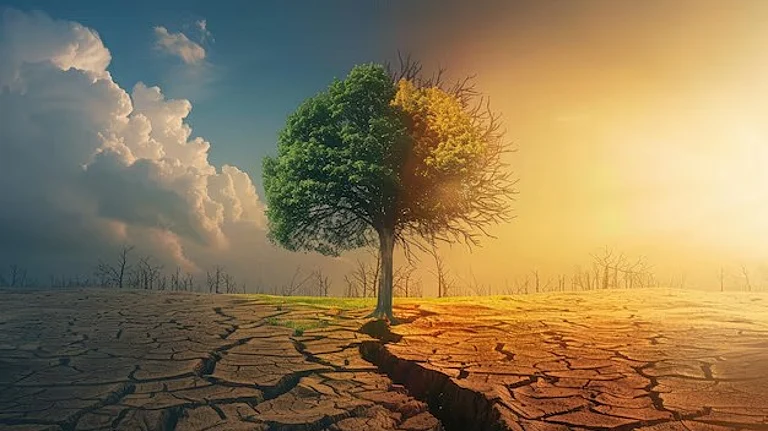Britain officially declared on May 29 that the northwest of England was in drought status after the dry conditions led to a decline of water levels in rivers and reservoirs, reported Reuters.
As cited by The Guardian, hosepipe bans are likely to follow, according to the Environment Agency, as water companies have been directed to follow their drought plans.
Water Restrictions Loom Ahead
According to reports, England has witnessed its driest period over the period between February and April since 1929 and the area has seen the third –lowest rainfall for that period since 1871, reported Sky News.
United Utilities has particularly low reservoir levels: its Carlisle reservoir is at 46.4%, compared with the 92.5% it was at this time last year. The Haweswater and Thirlmere reservoirs are at 47.5%, compared with 94.8% last year. These are the reservoirs which serve areas including Cumbria and Manchester, in the drought-affected region.
An Environment Agency spokesperson told The Guardian, “The north-west of England has entered drought status due to low water levels in reservoirs and rivers. No other areas in England are in drought and we continue to monitor the situation closely.”
For the agricultural sector, the significant increase in the chance of extreme hot, dry summers means that the demand for water for irrigation will be higher, and there is a potential negative impact on rain-fed crops, according to a study published in Quarterly Journal of the Royal Meteorological Society.
However, severe restrictions on water use are likely to be more common, which may limit water availability for additional irrigation. Regarding public water supply, the increased likelihood of an event as severe as 1976 means that it is increasingly important that the water supply systems be resilient enough to be able to cope with an extreme dry winter–spring period followed by an extreme hot summer, without needing to impose restrictions, as was necessary in 1976.
Climate breakdown will make droughts more likely, scientists have said, as rainfall becomes less predictable.
Richard Allan, a professor of climate science at the University of Reading, said, “The lack of rainfall across the UK in spring 2025 constituted a meteorological drought and this quickly depleted the soil’s moisture, leading to concerns over agricultural drought. Lowering river and reservoir levels are a concern for the north-west of the UK as further dry spells could threaten the supply of water as part of a hydrological drought.

































